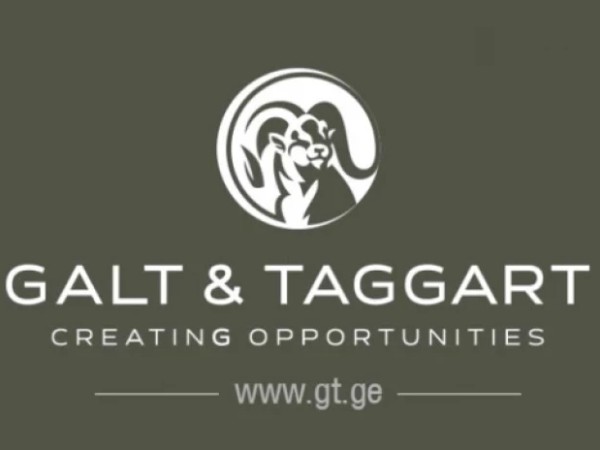As the global vaccine rollout proceeds and the post-pandemic economy recovery story gets nearer, the global market narrative about rising inflation and the risk of U.S. economy overheating turned more mainstream. Bank of America recently created headlines with its warning about the risk of transitory hyperinflation.
As stewards of capital and investment portfolios, the most important question fund managers face today is whether the 40-year trend of disinflation has ended in 2021?
In my view, the inflation trade is arguably the biggest decision you have to make with regard to your portfolio for the next 10 to 20 years.
If you've got any 10- to 20-year investment horizon now, the downside is that you don't adjust. Your risk is that you don't adjust for inflation, especially when traditional fixed income is increasingly return-free risk and cryptocurrencies like bitcoin are making new all-time record highs.
Inflationary risk is generally defined as the risk that inflation will undermine an investment's returns through a decline in fiat currency purchasing power.
Bond payments are most at inflationary risk because their payouts are generally based on fixed interest rates, meaning an increase in inflation diminishes their purchasing power.
Bond payments are most at inflationary risk because their payouts are generally based on fixed interest rates, meaning an increase in inflation diminishes their purchasing power.
Rampant monetary easing by global central banks to aid the global recovery from Covid-19 is spurring economic activity while debasing fiat currencies. The rising prices of gold and bitcoin are visible indications of this as investors seek to hedge their portfolios against inflation.
U.S. Treasury Secretary Janet Yellen indicated last week that if President Biden's multi-trillion-dollar spending plans are enacted by Congress, "it may be that interest rates will have to rise" to prevent the U.S. economy from overheating.
It was the most overt acknowledgment to date by a government or Federal Reserve official that inflationary pressures exacerbated by unprecedented federal stimulus spending and pent-up demand consumer spending might actually harm the American economy.
Madame secretary Yellen offered further assurances that she is not worried about persistent inflation but does think prices will rise in the short term as economic activity picks up.
The return of inflation now seems to have become a consensus and could become one of the main market themes for 2021, coupled with a rebound in global commodities. Year-to-date, the best performing stock markets in the world, like Mongolia and Kazakhstan, are all commodity-linked stock markets.
Rising inflation will lead to steeper yield curves initially, and eventually, central bank policies such as yield curve controls and heavy debt monetization, in my view. This is likely to further drive investors into real assets, especially commodities and GEM (global emerging markets), the foremost global emerging market value stocks. Commodity-rich emerging markets like Russia and Kazakhstan, despite geopolitical Russia risk in my view, are the best hedge against global inflation expectations rising.
According to Vladimir Potapov, CEO of VTB Capital Investments, Russia's largest wealth and investment manager and part of Russia's second-largest bank, VTB, he estimates Russian equities offer over 100% upside from current levels over the next three years, plus the highlights investors get paid to wait for the rerating with 7% dividend yield.
While the media talks a lot about U.S. and increasingly E.U. sanctions on Russia, it is important to note that U.S. and U.K. investors are still the largest institutional investors in Russian equities.
As the world comes out of lockdown and hopefully overcomes the covid pandemic, investors might want to recall Austrian economist Friedrich August von Hayek famous statement.: "it is not an exaggeration to say history is largely a history of inflation, usually engineered by governments for the gain of governments."
Rainer Michael Preiss serves as Portfolio Strategist at Golden Equator Wealth Singapore.















